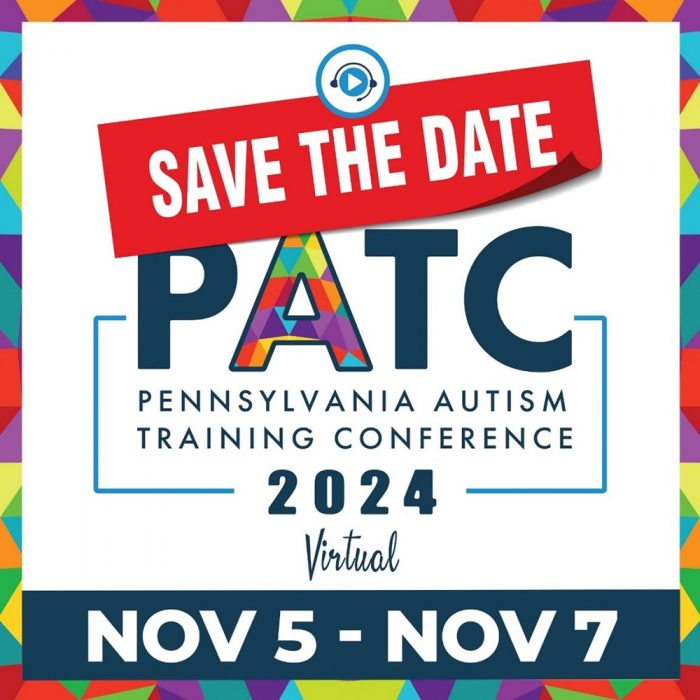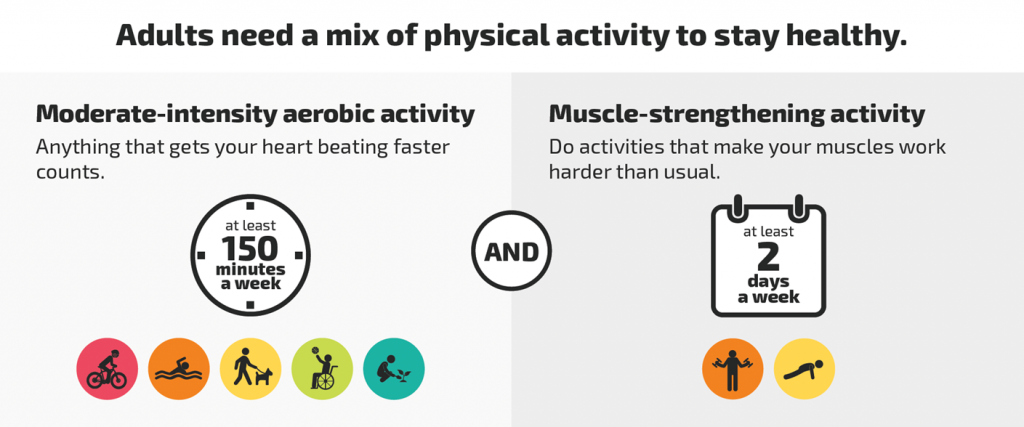The Department of Human Services (Department) is making available for public review and comment the Office of Developmental Programs’ (ODP) proposed application for a section 1915(b)(4) waiver for a selective contracting program as well as amendments to the Consolidated and Community Living waivers required to implement selective contracting for Residential Habilitation, Life Sharing, and Supported Living services. The selective contracting program will be referred to as Performance-Based Contracting.
The Department is also making available for public review and comment additional proposed amendments to the Consolidated, Community Living, Person/Family Directed Support (P/FDS), and Adult Autism Waivers that are not related to implementation of selective contracting. Changes are proposed to become effective on January 1, 2025.
When performance-based contracting is implemented, all currently enrolled residential providers will have the opportunity to enter into a performance-based contract with ODP. To help support providers with the new requirements and process, ODP will hold provider trainings so that providers have a clear understanding of the process and expectations. As part of this process, providers will submit documentation demonstrating compliance with the performance areas identified by ODP. Additionally, ODP will use data from participant experience surveys, claims, incident management, health risk screening, administrative entities, and a new Performance Analysis Services vendor to evaluate each provider’s performance against the established standards and determine the tier in which the provider will be placed.
Providers will be placed in one of the following tiers based on their performance:
- Conditional for providers operating under provisional or revoked licenses;
- Primary for providers that meet current standards and a few additional standards;
- Select for providers that deliver at least two of the three residential services in the performance-based contracting model and meet enhanced measures; or
- Clinically Enhanced for providers that offer clinically enhanced medical or behavioral supports and meet enhanced measures.
The Department proposes the following substantive amendments to the Consolidated and Community Living waivers that will support the implementation of performance-based contracting, effective January 1, 2025:
- Allow for the Department to contract with a Performance Analysis Services vendor that will provide administrative support with data collection, analysis, and reporting functions;
- Require residential service providers to sign a residential provider agreement, which requires providers to comply with performance standards and reporting requirements outlined in the agreement and ODP policy; and
- Implement pay-for-performance supplemental payments for residential service providers that meet or exceed performance targets for staff credentialing, employment of individuals served, transition of individuals to Life Sharing or Supported Living services, and reporting on use of technology.
Supplemental payments will be calculated for residential providers meeting or exceeding performance standards as a one-time or combined payment up to 3% of ODP-eligible service revenue from the applicable review period or established payment amount per qualifying event. Providers that have been determined to be a Primary, Select, or Clinically Enhanced provider are eligible to receive the supplemental payments.
- Pay Licensed Residential Habilitation, Unlicensed Residential Habilitation, Life Sharing, and Supported Living providers that meet the requirements to qualify as a select provider or a Clinically Enhanced residential provider a payment that is in addition to the Medical Assistance fee schedule rate. Select providers will receive a rate add-on of 5% per individual served, and Clinically Enhanced providers will receive a rate add-on of 8%.
Other proposed amendments unrelated to Performance-Based Contracting include:
- Assuring effective communication for individuals who use American Sign Language through implementation of a new American Sign Language — English Interpreter service. Services will be reimbursed as a vendor service based on the cost that the provider charges to the general public.
- Promoting health, wellness, and safety by clarifying that individuals who receive services in an acute care hospital will not be disenrolled from the waiver.
- Supporting the quality of Assistive Technology provided by expanding the qualification requirements for a professional who can complete an evaluation of an individual’s need for Assistive Technology and clarifying that evaluations can be completed for technology costing less than $750 if the service plan team believes it will be beneficial.
- Increasing community participation and employment by requiring providers of Community Participation Support and Day Habilitation services to annually complete an analysis of each individual’s interests, preferences, skills, and strengths that support the individual’s participation in employment or other community activities.
- Including revisions to align waiver requirements with regulatory requirements, correct errors, and provide clarification requested by stakeholders.
- Increasing employment of individuals by allowing indirect activities to be billed through the Benefits Counseling service and improving access to Benefits Counseling for individuals who are not eligible for the Federal Work Incentives Planning and Assistance program.
The Department proposes the following substantive amendments to the Adult Autism Waiver that are not related to implementation of performance-based contracting effective January 1, 2025:
- Support the quality of Residential Habilitation, Community Home, and Life Sharing services, through alignment of provider qualifications with the qualifications included in the Consolidated and Community Living waivers.
- Promote health, wellness, and safety by clarifying that Residential Habilitation providers must have a licensed nurse available if the provider serves individuals with needs that require care by a licensed nurse.
- Promote self-direction, choice, and control by clarifying that Community Transition Services can be used to support individuals transitioning from settings such as Residential Habilitation to private residences in alignment with guidance in the CMS instructions, technical guide, and review criteria for 1915(c) waivers.
View Performance-Based Contracting Information:
View Proposed Changes to the Waivers, Including Changes Not Related to Performance-Based Contracting:
Comments received within 45 days of publication of this notice will be reviewed and considered for revisions to the proposed application for a section 1915(b)(4) waiver as well as proposed amendments to the waivers. Comments should be addressed to Julie Mochon, Department of Human Services, Office of Developmental Programs, 625 Forster Street, Room 510, Harrisburg, PA 17120. Comments may also be submitted to the Department via email using the subject header ”Waiver Comments.”
RCPA will be scheduling a meeting for members to develop comments in response to these proposed amendments. Please contact Carol Ferenz with any questions.



















